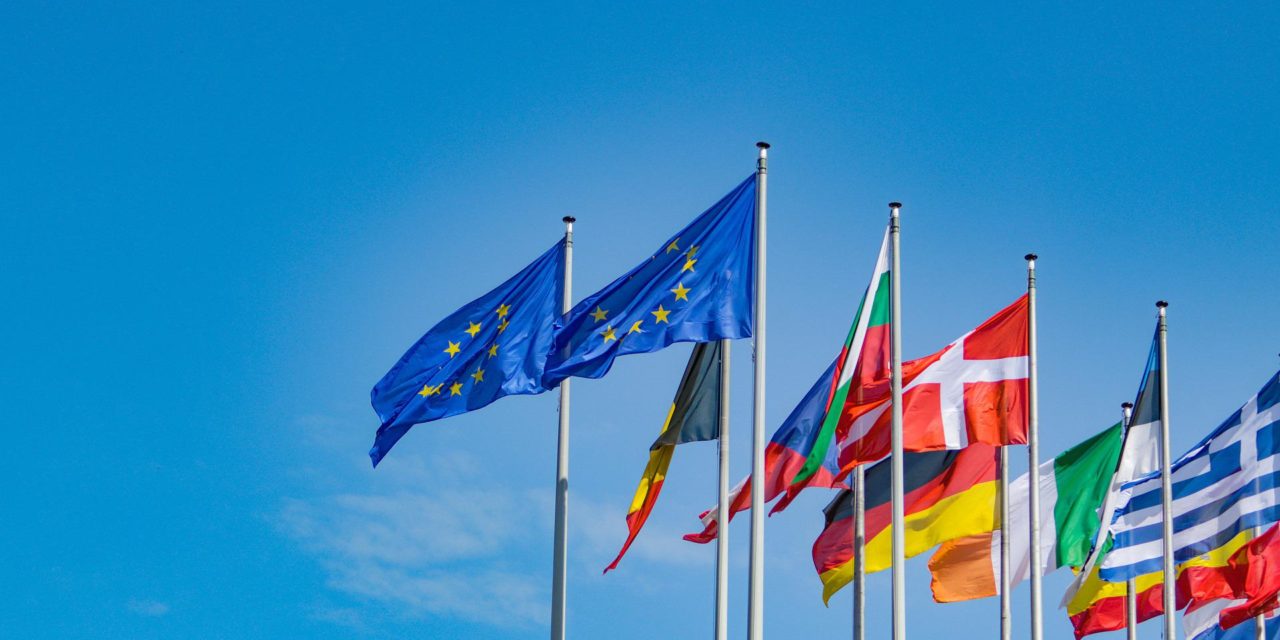Rather than banning Russian oil imports outright, the European Union has decided on a compromise wherein only oil ferried in by sea will be banned from entry, essentially over two-thirds of all imports.
The ban is part of the sixth set of sanctions approved by all 27 member states during the EU’s most recent summit in Brussels, Belgium.
According to Ursula von der Leyen, President of the European Commission, this compromise ban is a big step forward when it comes to denying support for Russia in its ongoing attack on Ukraine. Indeed, council chief Charles Michel declared that the ban will significantly reduce funding for Russia’s ongoing military initiative.
Prior to the current Balkan conflict, Russia supplied around 27% of all oil imports being brought into the EU, as well as 40% of its natural gas imports. The EU previously paid the Russian government approximately $430 billion a year for fuel imports.
Originally, the EU meant to impose a complete ban on Russian oil, but Hungary opposed the move. The ban was, thus, reworded; as a result, Russia may still export pipeline oil into the EU.
With regard to natural gas, the EU has yet to impose sanctions against Russian gas exports. However, plans for a new gas pipeline from Russia have been put on indefinite hold.
Fighting for a Compromise
Hungary actively nixed proposals for a full ban on Russian oil as it imports 65% of its oil requirements from Russia. The country’s prime minister, Viktor Orban, also remains on good diplomatic terms with Vladimir Putin.
As a result, the ban will only cover two-thirds of all Russian oil imports – in principle. In practice, however, von der Leyen declared that the actual scope of the ban will be more expansive as both Germany and Poland are planning to end their reliance on oil from Russian pipelines by December of this year.
Von der Leyen also said that the exemption of pipeline oil from the band is also something of a temporary stay. Pipeline oil, primarily from the southern Druzhba, makes up 10 to 11% of Russia’s oil exports to the European Union. The Druzhba pipeline primarily supplies the Czech Republic, Hungary, and Slovakia. The European Commission intends to revise this exemption as soon as they can.
Meanwhile, both Slovakia and the Czech Republic have requested the Commission if they could have more time to wean their economies from dependence on Russian oil.














